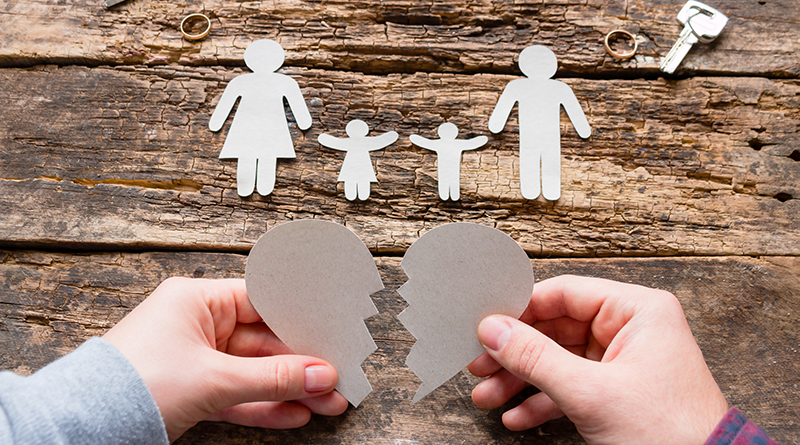Coping with Divorce After 55
The older one is, the more painful the loss can feel, say experts
By Deborah Jeanne Sergeant

An acquaintance in his 50s once shared with me that he had been divorced — three times.
I responded, “Ouch.”
He threw back his head and laughed, saying, “That’s the best response I’ve ever heard.”
But it’s true. Divorce hurts, regardless of why it happens. The older one is, the more painful the loss can feel. After so many years of building a life together, making mutual friends and planning for forever, it’s done. Over.
Each person likely faces challenges previously unknown. There’s also social and familial awkwardness, and possibly financial struggles. Plus, they need to work through the difficult reasons that caused the divorce, too.
Many other factors make mid-life divorce different from earlier divorce, according to Robert Barash, a psychologist in private practice in DeWitt.
“At 55 or older, they may feel there are fewer options to remarry than at 22,” Barash said, “although some are more confident in finding meaningful relationships.”
He added that the age of the children makes a difference because younger, still-developing children may be particularly vulnerable to the stresses of divorce.
“Grown children of older divorced parents may take sides, or be encouraged to do so, just as younger children may, but they tend to be more objective and also are usually not subject to being influenced by an economic or emotional dependency on one of their parents,” Barash said.
Friends and family may mean well, but most of the time, they’re too eager to dole out advice and take sides than to truly listen and honor the feelings present. A professional can help in sorting out the feelings so the person feels more ready for the next chapter.
“The person’s philosophy about life makes a difference,” Barash said. “For people of faith, that’s another insulator against stress. They have a supportive community and tend to feel things happen for a reason and God is watching over them.”
It takes time to figure out what to do next and how to build a new life. Barash said that feeling uncertain is perfectly natural, since divorce changes a life significantly, and the new way of life isn’t in place yet.
Andrea Reinking, PhD, a licensed marriage and family therapist in private practice in Fayetteville, encourages people who have divorced to find the meaning in their lives through giving back.
Volunteering can help direct the attention outward, to others less fortunate. This strategy can also help develop a spirit of gratitude and reduce bitterness.
“Try something new you’ve wanted to try,” Reinking said. “It can make you feel good about yourself.”
That could mean joining a club or gym, getting a makeover, signing up for a class, or attending events. Redecorating, moving, finding a new career or furthering the education all represent larger-scale changes.
“I like to tell my clients that the YMCA is a great thing,” Reinking said. “Exercise helps a lot with mental health. If they’re not into a gym, there are hiking groups, dancing groups, all kinds of groups or classes. You need to reconnect with friends as well. You have to reach out, which is really hard when you’re lonely and depressed. But that is what is going to help lift you up. It should be something you feel happy about it.”
As for figuring out the nuts and bolts of life — tasks the former spouse always did — divorced people should take the initiative to learn. Plenty of classes, books, and videos offer terrific how-to tips.
Paul Batkin, licensed marriage and family therapist in private practice in Syracuse, encourages divorced people to reach out to their network of friends and give themselves time before jumping into a relationship.
“Think about what you want before you go looking for it,” Batkin said. “It will be very difficult, no matter how long you’ve been married and there will be a period of adjustment.”

